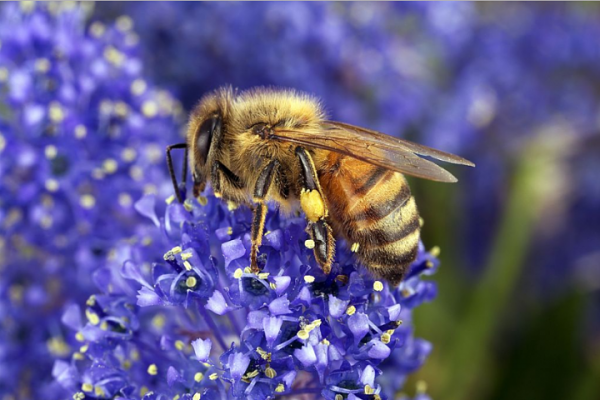
Both North America and Hawaii have 4,000 native species of bees but 700 of it are now heading for extinction. A scientific study suggested on Wednesday that the major culprit is the intensified use of pesticides that drives away the insects from its own habitat.
The Center for Biological Diversity research confirmed that 749 of the 1,437 local native species are decreasing in population. Almost 347 of the species are key pollinators which are now endangered of getting wiped out.
"It's a quiet but staggering crisis unfolding right under our noses that illuminate the unacceptably high cost of our careless addiction to pesticides and monoculture farming," its author, Kelsey Kopec, said in a statement.
According to Reuters, loss of habitat and massive use of pesticide are among the reasons for the decline in bee population. In addition, climate change and a surge in urbanization are seen as the cause of the populace plunge.
Some of the endangered native species include the Gulf Coast solitary bee, sunflower leafcutting bee, and the macropis cuckoo bee. The insects are now seldom seen. Federal authorities last month, listed the rusty patched bumble bee as endangered. It is the first wild bee in the US to earn such safeguarding.
The analysis collaborated with a rising body of study that sends the warning that the bees' existence is already in jeopardy. Based on a UN group report in 2015, the bee species' population plummets to 37 percent while 9 percent of the bee and butterfly society are toward extinction.
White House provided a report in 2015, stating that the value clocks into billions of dollars every year. This is because insects play a major economic role, and being pollinators it helps to meet with agricultural output, as Time reported.
Meanwhile, in a separate study, bees possess more than a million neurons are compressed tightly to the size of a pinhead. These insects having that kind of intellectual power can utilize learning, observation as well as rational thinking to give a solution to problems.



